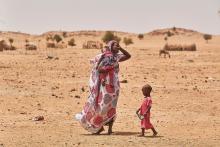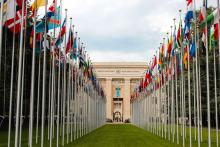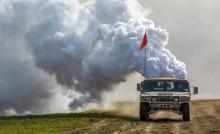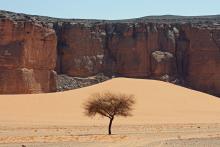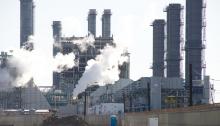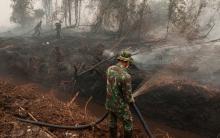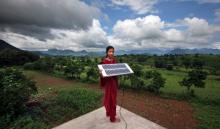A new report from the Council on Strategic Risks highlights the risk that ecological disruption poses to both national and international security. The report urges governments to fund programs that promote capacity building, build water and food security, strengthen international conservation and combat environmental crime.




